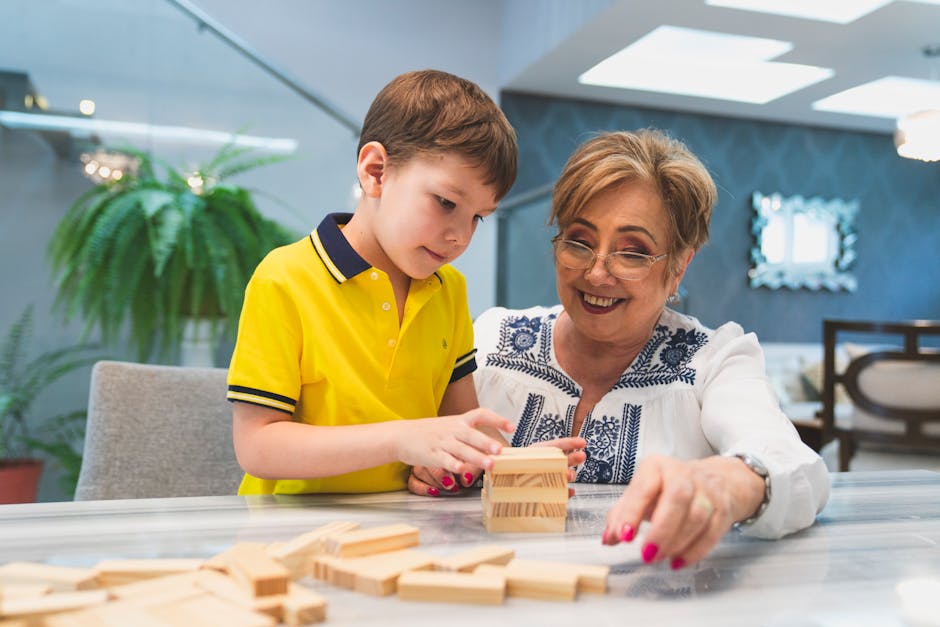Children aren’t born with a fully formed understanding of social etiquette; rather, they absorb these skills through a complex interplay of experiences. Family dynamics, playgroups, and even the broader community contribute to this process, each playing a unique role in shaping a child’s ability to interact effectively with others.
A cornerstone of social development lies within the family unit. From the earliest moments, infants begin to interpret emotional cues. A parent’s affectionate touch, a comforting voice, and responsive reactions to their cries lay the groundwork for understanding emotions and recognizing them in others. This early engagement fosters empathy, a crucial component of social awareness. Parents modeling respectful interactions with each other and with others outside the family is profoundly influential. Children observe how conflicts are resolved, how disagreements are managed, and how affection is expressed. Positive interactions set a positive example, teaching valuable social skills like compromise and cooperation.
The nature of family dynamics also plays a vital role. The structure of the family, whether it involves a two-parent household, single-parent family, or blended family, presents unique challenges and opportunities for learning. A supportive and nurturing environment where children feel safe expressing themselves and feel heard is paramount for healthy social development. Open communication about feelings, encouraging children to articulate their needs, and creating opportunities for negotiation and compromise fosters these crucial skills.
Beyond the immediate family, interactions within a supportive network of extended family members contribute to social growth. Grandparents, aunts, uncles, and cousins offer a wider range of social interactions, exposing children to diverse personalities and different ways of behaving. These interactions provide opportunities for children to learn about different family structures, traditions, and perspectives, enriching their understanding of social norms and expectations.
Playgroups and peer interactions emerge as crucial agents in shaping social skills. These experiences often provide children with a significant and unique opportunity to practice negotiation and cooperation. Through play, children learn to share, take turns, resolve conflicts, and understand different perspectives. Play also introduces children to concepts of leadership, followership, and collaboration.
Schools and educational environments provide further avenues for social development. Formal educational settings offer structured opportunities for social interaction. Group projects, classroom discussions, and extracurricular activities equip children with the skills of navigating group dynamics, respecting differences, and working collaboratively towards shared goals. Teachers play a pivotal role in establishing a classroom environment that fosters empathy and understanding. They guide children towards resolving disagreements peacefully and encourage them to consider other perspectives.
The community at large is another vital element. Exposure to diverse communities, cultures, and backgrounds through community events, interactions with neighbors, and volunteer work exposes children to a broader spectrum of social norms and expectations. These experiences equip them with the ability to navigate social situations outside their immediate circle, enhancing their adaptability and tolerance.
However, it is imperative to acknowledge potential challenges. Lack of social interaction, exposure to negative peer influences, or limited opportunities to develop social skills can hinder a child’s progress. Factors such as family stress, trauma, or lack of exposure to diverse social environments can impede a child’s ability to develop healthy social skills.
Recognizing and addressing these challenges are crucial components of nurturing a child’s social development. Parents, educators, and community members must work together to ensure a supportive and inclusive environment that fosters positive social interactions. Creating opportunities for play, encouraging diverse social interactions, and fostering open communication are all critical steps in helping children develop essential social skills.
Ultimately, understanding where children learn social skills is about recognizing the interconnectedness of various influences. Family, play, school, and community all contribute to the intricate mosaic of social development. By fostering a supportive and inclusive environment across all these spheres, parents and educators can equip children with the tools they need to thrive in the complexities of social life. This comprehensive approach recognizes that social skills are not learned in isolation but rather develop through multifaceted experiences, emphasizing the significance of conscious effort in shaping a child’s ability to navigate the world with empathy, respect, and understanding.
